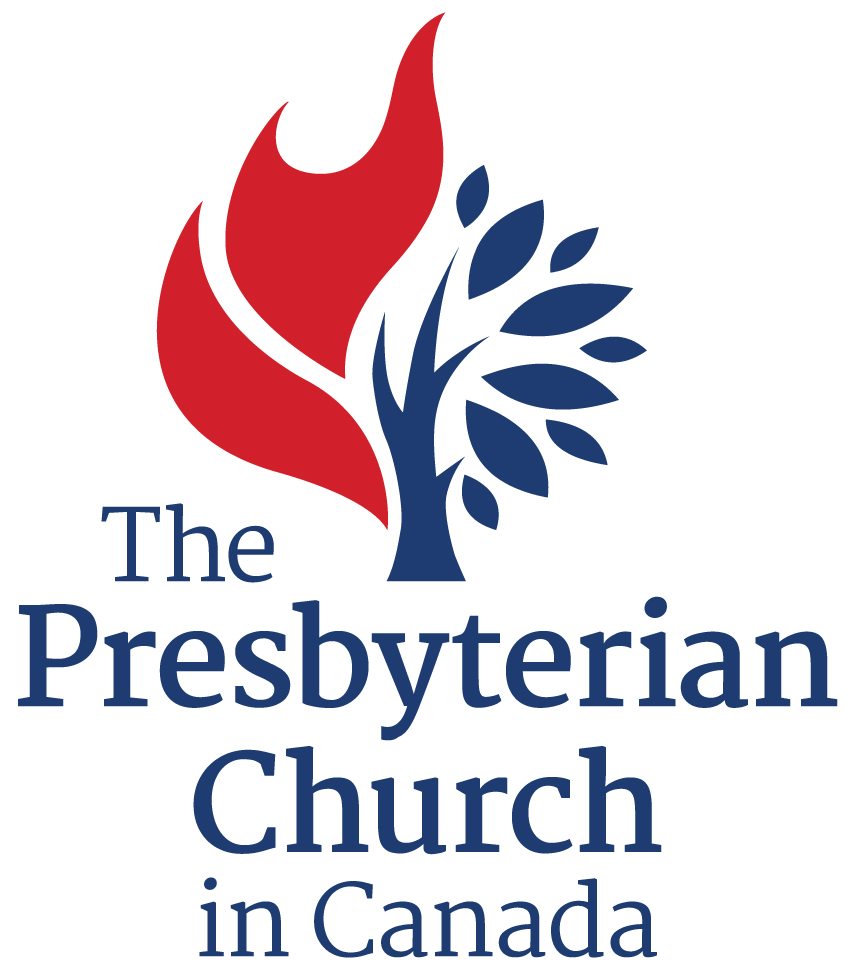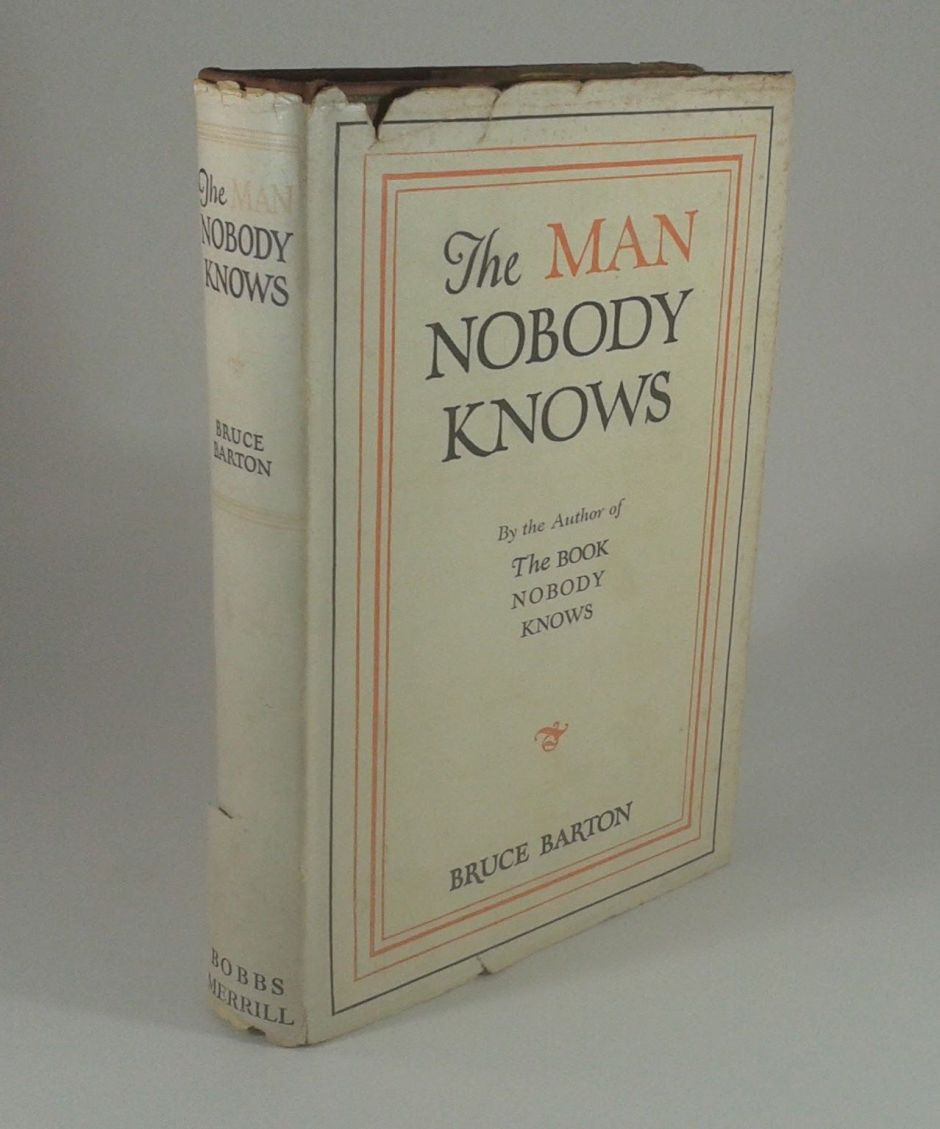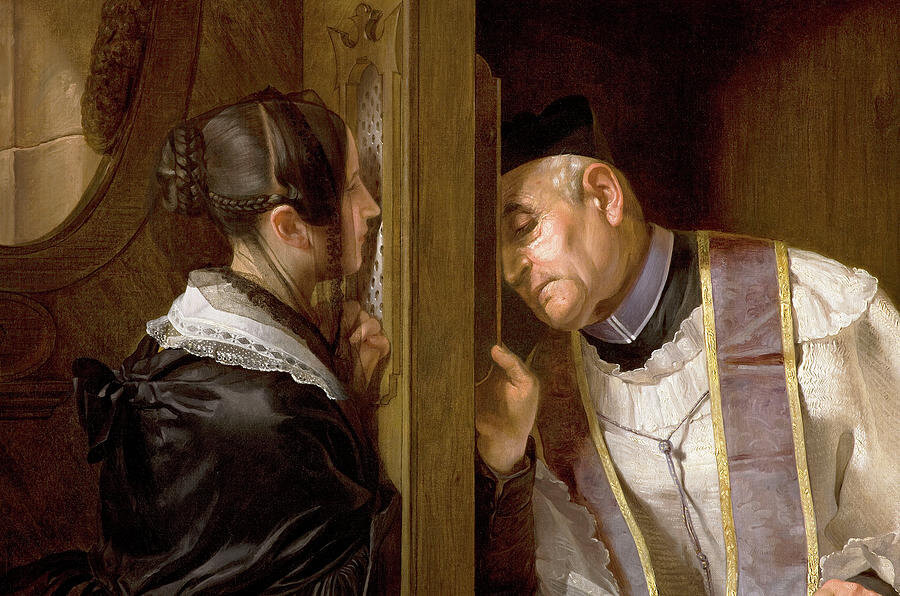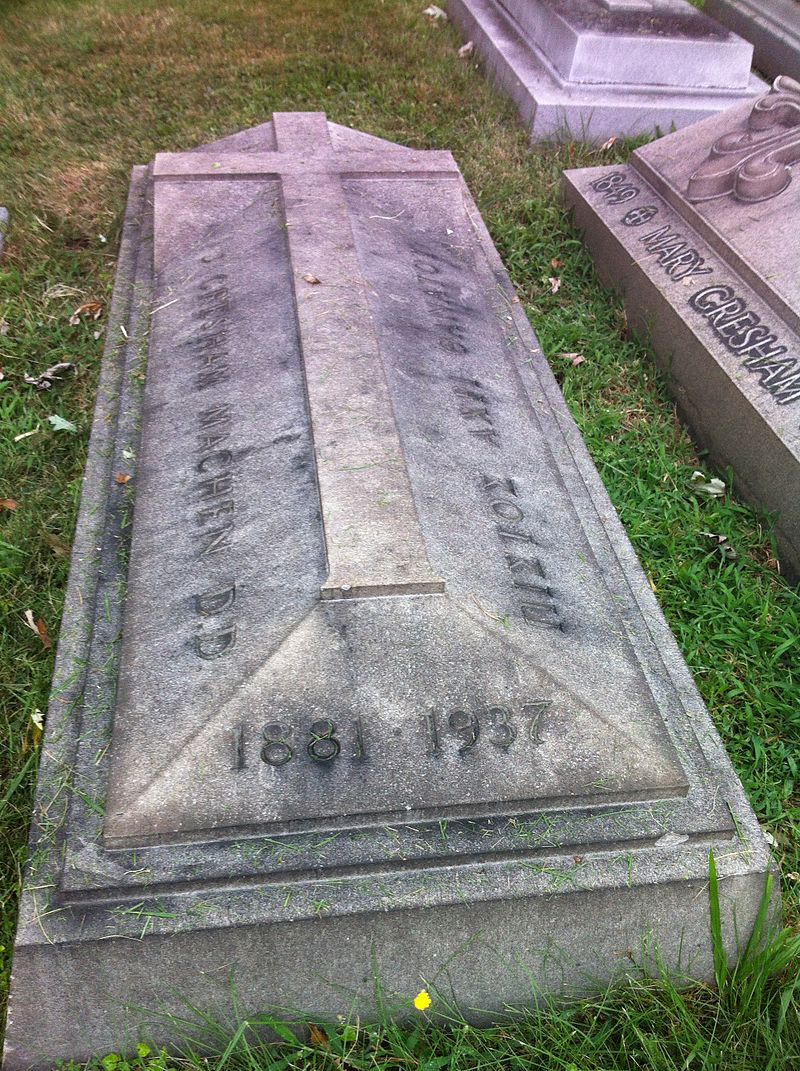The “journal” has not suffered another stroke but is simply delayed. The essay below appeared in the Winter 2012 issue and is a possible foretaste of what readers may enjoy in the next number. Consider this post the Old Life Theological Society variation on Advent.
More Scruton, Less Trueman
One of the advantages of reviewing a book several years after its publication is that the evaluation yields early returns on the test of time that book reviews written at the time of a title’s releases don’t. Which is to say, a new title demands attention simply because an author, editor, and publisher pooled resources to bring out a set of reflections that have not been seen before. After a couple of years when the newness wears off, perspective emerges on whether the author’s arguments were worthy of culling those resources. Obviously, since the marketing and publicity of books is tied to the review process, writing a book review three years after a book’s publication will not become a trend.
Still, Carl Trueman’s Republocrat may fail time’s test since it comes from an author who has increasingly collected thoughts originally produced on-line in books. In some ways, blogging and book writing is similar. Both use words, paragraphs, arguments, and depend on a measure of coherence. At the same time, blogs are to books what the sit-com “Friends” is to Shakespeare’s As You Like It. A blog post is like a letter to the editor of a magazine or newspaper. It is here today and though not necessarily gone tomorrow thanks to the comments that posts provoke, it does not achieve the coherence that comes with a series of reflections that an author determines to take the form of a book. Simply stringing together posts and slapping them together in a book would be even less satisfying than a collection of George F. Will columns since the former likely have many arguments that are closer to notes for a book than an example that an author might use for a portion of a chapter. In other words, blogging is ephemeral; book writing is substantial. Readers may go to an old blog post to understand an opinion, but they go to books generally expecting to find arguments that endure beyond the window of a month or two.
The genre and style of blogs are arguably worthwhile considerations for understanding Trueman’s book on evangelicals and American politics since it has the feel of his previous compilations of on-line essays (The Wages of Spin and Minority Report). The style is generally breezy. The tone is often cutting and sarcastic – the word bloggers use is snark. And the arguments feel more off the cuff than systematic. It is in other words, like his other short books, Republocrat is a collection of personal reflections about the way that evangelical Protestants politicize the Christian faith and baptize partisan politics. This may explain why a book that both criticizes evangelical Protestantism and resembles the two-kingdom theology – themes close to the heart of the Old Life Theological Society – does not please as much as it should have. To his credit, Trueman brings an Englishman’s perspective to American-style religion and politics and the chance to see ourselves as outsiders observe us is almost always valuable. Even so, if the book fails to engage even those who are sympathetic, the reason may be that Trueman has fallen prey to writing books based on on-line reflections. The usually personal and occasional arguments of a blog do not translate well into the less subjective and more measured medium of pages between book covers.
Obviously, this is a long-winded way of pointing out the personal nature of Republocrat. Despite his disavowal at the beginning – “Despite the title of this book [Confessions of a Liberal Conservative], I do not plan to spend much time talking about myself” – the book turns into a fairly long series of rants about the heavy-handedness of Fox News, the silliness of the Republican Party, and the scandalous political theology of the Religious Right. These are all subjects worthy of a blog post given its op-ed character and immediacy. But readers of books want sustained arguments. For that reason, Trueman struggles mightily to organize his observations into a coherent whole. The best he can do is by bringing similar topics within chapter designations. This is not to say that Trueman’s punchy and witty reflections on American politics lack merit. If Protestants in the United States had to consider more than we do how Christians from other parts of the world see us, and particularly whether the worries we have really stand up as matters about which Christians worldwide might agree in the name of Christ, American Protestant appeals to faith or doctrine in the public square might be much more circumspect.
Still, Republocrat is not without substance. For starters, Trueman is, as the title suggests, critical of both the Left and the Right. For instance, in the chapter on the Left, Trueman observes astutely how the New Left, particularly in the writings of Herbert Marcuse, shifted the notion of oppression from economic realities to psychological neediness. In the process, an older quest for greater equality among the classes morphed into the politics of identity and the demand for affirmation of race, gender, and sexual orientation. What is odd about Trueman’s discussion of the Left is how much it revolves around European (even British) categories of liberalism and conservatism without explaining what the Right and Left in Europe have to do with Democrats and Republicans in the United States.
Trueman also lands punches when he mocks the partisan nature of television cable news and wonders why evangelical Protestants are so loyal to Fox News and so suspicious of MSNBC when both networks manipulate politics to drive up ratings and generate advertizing revenue. Though again, part of what accounts for Trueman’s critical eye is the back story of his own experience as a British citizen and upbringing in England where Rupert Murdoch (the owner of Fox) has turned sensationalist journalism and raunchy programming into a highly lucrative formula. But Trueman’s point implicitly is that detecting Murdoch’s scheme should not take a European sensibility. American Protestants, especially Calvinists, should be able by virtue of what they know about human nature to see that the Fox media empire does not measure up well on the scale of family values and traditionalism.
A further useful point concerns the uncritical embrace of free market capitalism by American Protestants, a hug that for Trueman yields a piety that is not exactly characterized by the otherworldliness of the New Testament and that all too easily becomes a prosperity gospel, as in, wealth must be a sign of God’s blessing or favor. He argues effectively that capitalism creates wealth well but it is not a firm foundation for Christian morality or nurture. Capitalism, Trueman writes:
. . . can focus minds on economic prosperity in a way that is not biblical. Nobody wants to be poor — I certainly do not. There is no virtue in poverty considered in itself. But we need to be careful about simplistically identifying either wealth with divine blessing, or the impact of the gospel with economic prosperity. Neither is biblical. The story of Job makes it clear that there is no mechanistic connection between being right with God and enjoying earthly, material bounty. The life of Paul speaks to precisely the same thing. To read of his sufferings in the book of Acts, or his own description of his ministry, especially in 2 Corinthians, is to enter a world where it is not wealth and ease but rather hardship and poverty that flow from his fidelity to the cross.
Trueman also makes the point effectively that for all of political conservatives’ talk about ties between capitalism and personal virtues (such as responsibility, industry, thrift), market economies are also premised on the necessity of consumption. And reliance upon the desires of consumers communicates an ethic very different from, if not hostile to, the Christian religion:
. . . consumerism is good to the extent that it drives our economies and helps in the creation of wealth; but it is always going to tend toward the message that the meaning of life is found in the accumulation of property — a vain exercise, as the Preacher makes clear in Ecclesiastes 2. This is simply another form of idolatry — an ascribing of divine power to things that in themselves do not possess such power.
Yet, for all of these insights into the mind of the Religious Right, Trueman has little to say about an alternative outlook. The best he can do is to observe that Christians should not be so gullible. Trueman’s conclusion is littered with the words, “thoughtful,” “critical,” and “realistic.” He adds to these words the language of imperatives, as in Christians should be wise. This point is not wrong. It is actually correct. But it seems obvious, one that social conservatives would hardly dispute. Still, instead of offering an alternative political outlook, Trueman simply bases his shoulds on the notion that Christians have an obligation to model good citizenship. His biblical rationale for this is the idea that believers must maintain good reputations with outsiders:
. . . a basic New Testament requirement of church leadership, and that general principle should surely shape the attitude of all Christians in whatever sphere they find themselves. Indeed, I look forward to the day when intelligence and civility, not tiresome clichés, character assassinations, and Manichaean noise, are the hallmarks of Christians as they engage the political process.
Had Trueman written less about the conceits of the Religious Right and more about the authors from whom he has learned about politics (or added a section of political reflection), he might have produced a more substantial book. In the introduction, Trueman mentions William Hazlitt, George Orwell, Arthur Koestler, Edward Said, Alexander Solzhenitsyn, Terry Eagleton, Nat Hentoff, P. J. O’Rourke, Christopher Hitchens, John Lukacs, Charles Moore, and Roger Scruton as writers from whom he has learned how to think about the world of politics and economics. Exposing these authors and their political perspectives to an audience addicted to Fox News and Rush Limbaugh would have been a worthwhile endeavor. Unfortunately, Trueman missed his chance.
As it stands, that audience will likely dismiss Trueman as little more than a British contrarian, not someone to be taken seriously. In fact, the book’s foreword gives a good indication that this will be the response of American evangelicals addicted to Fox News and Glenn Beck. Written by Peter A. Lillback, to whom Trueman dedicates the book, the foreword attempts to be “suitably contemptuous” for a book with an “oxymoronic” title. First, Lillback notes with good natured glee the self-contradictory qualities of the author:
Here is a man who has memorized the lyrics of Bob Dylan and Led Zeppelin, but prefers to sing only the Psalms on the Lord’s Day. Here’s a dean who only under coercion reluctantly walks the 26.2 steps to the president’s office from the dean’s office for fear of being asked to do some extra work, but regularly delights in running 26.2 miles, even if it means there will be icicles hanging from his running shorts and oozing wounds from his ice-nicked ankles. Here is a scholar who relishes the writings of Karl Marx, but who is inherently, instinctively, and immutably committed to the Reformation spirit of Martin Luther and John Calvin. Here is a man who refuses to go to counseling to address these oxymoronic traits, but who nevertheless is soon psychoanalyzed by all who associate with him.
When Lillback turns to the substance of Trueman’s book, he concedes that the British historical theologian’s “unmasking of the well-camouflaged foolishness on all points of the political spectrum elicit chortles and deserve admiration.” But that does not mean that Trueman succeeds. According to Lillback, Trueman’s opponents may fall “to his wit, words, and wallop,” but just because “Bill O’Reilly is illogical at times and Glenn Beck’s histrionics are more stage than sage, that doesn’t mean there aren’t good reasons to avoid the socialization of medicine and the limitation of the Second Amendment rights.” So Lillback indicates that he will wait for another occasion to “tear apart the straw men” lurking in Trueman’s arguments and for the moment will pick up on a problem that stands out, namely, Trueman’s own admission that he uses “outrageous overstatement to make a point.”
In other words, evangelicals committed to the Republican Party and prone to be persuaded by Sean Hannity will likely react the way that Lillback does – dismissal. Perhaps if Trueman had avoided the popular writing he traffics in on-line and instead applied the considerable intellectual skills he reserves for theology and church history to the subject of politics in the United States, he might have engaged in a significant teaching moment. As it is, Republocrat will inflame more than it instructs, thus leaving the Reformed wing of the Religious Right confirmed in their prejudice that Europeans don’t get us because they are simply jealous of “the greatest nation on God’s green earth.”










